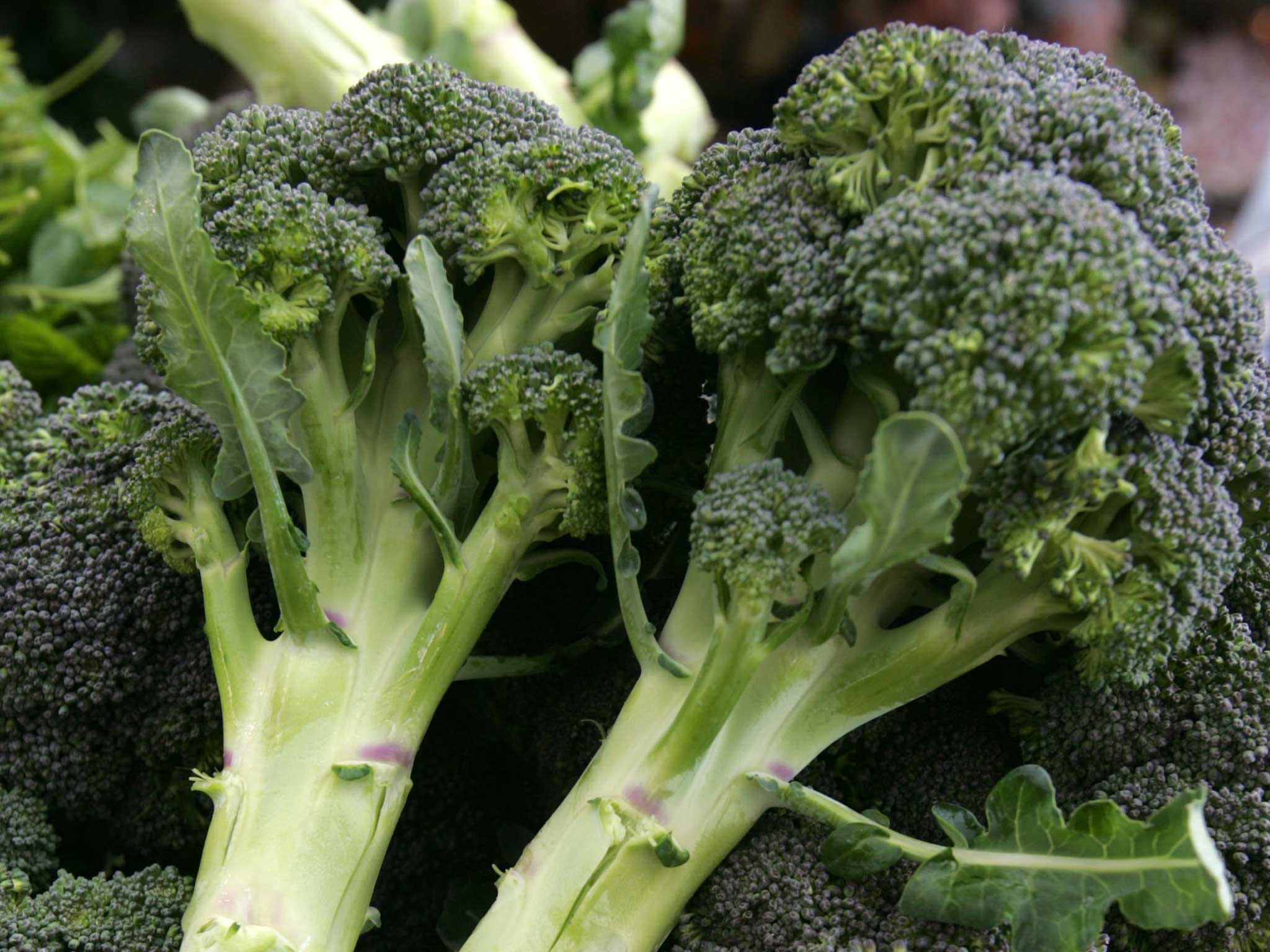Chemical contained in broccoli extract could offer help for autism symptoms
American study demonstrates chemical sulforaphane contained in the vegetable may help those with autism

Your support helps us to tell the story
From reproductive rights to climate change to Big Tech, The Independent is on the ground when the story is developing. Whether it's investigating the financials of Elon Musk's pro-Trump PAC or producing our latest documentary, 'The A Word', which shines a light on the American women fighting for reproductive rights, we know how important it is to parse out the facts from the messaging.
At such a critical moment in US history, we need reporters on the ground. Your donation allows us to keep sending journalists to speak to both sides of the story.
The Independent is trusted by Americans across the entire political spectrum. And unlike many other quality news outlets, we choose not to lock Americans out of our reporting and analysis with paywalls. We believe quality journalism should be available to everyone, paid for by those who can afford it.
Your support makes all the difference.Broccoli, cauliflower and cabbage could hold the key to helping those with autism, new research suggests.
Doses of sulforaphane, a chemical found in the greens, were given to autistic teenagers and young adults over a period of four weeks – with researchers noting a significant improvement in those receiving the drug.
The chemical, which gives broccoli its distinctive bitter taste and which is also present in foods such as spinach, cauliflower and cabbage, made the autistic individuals studied calmer and more sociable.
The findings suggest it may be possible to proscribe a pill to treat – or at least significantly help – those with autism.
Previously drugs have only been able to target specific aspects of autism, controlling symptoms such as aggression, hyperactivity or sleep problems, but this research indicates there may be a targeted chemical response.
Published online in PNAS, the study enrolled 44 young men aged 13 to 27, who had been diagnosed with moderate to severe autism spectrum disorder.
They were randomly assigned to a daily dose of either sulforaphane or a placebo in the study from Massachusetts General Hospital for Children and Johns Hopkins University, Boston.
Of the 40 individuals who reported back, the 26 who took sulforaphane scored significantly better on behavioural assessments than those receiving the placebo.
"When we broke the code that revealed who was receiving sulforaphane and who got the placebo, the results weren't surprising to us, since the improvements were so noticeable," co-author Andrew Zimmerman, a professor of Paediatric Neurology, said to The Daily Telegraph.
He continued: “The results seen on the social responsiveness scale were particularly remarkable.
“I’ve been told this is the first time that any statistical improvement on the social responsiveness scale has been seen for a drug in autism spectrum disorder.”
Sulforaphane’s ability to bolster the body natural defences against oxidative stress, inflammation and DNA damage were first discovered in 1992.
People with autism tend to suffer from various abnormalities in their cells – including inflammation and DNA damage.
However, British scientists were hesitant to embrace the research, labelling it “intriguing” but too early to see if broccoli is beneficial in autism.
Dr Rosa Hoekstra, of The Open University, said to the Daily Mail: “Although the findings of this study are intriguing, it is much too early to draw any firm conclusions about the possible benefits of broccoli for people with autism.”
The study was not wholly positive. Two of those taking the chemical suffered fits – although researchers pointed out these may have been because of their pre-existing condition – and those treated also put on weight.
A third of those tested did not respond to the broccoli supplement, and the study’s effects were not permanent with the respondents behaviour quickly reverting once the treatment had ended.
Nonetheless, researchers are keen to attempt their study on a larger more diverse group of people, including children.
Join our commenting forum
Join thought-provoking conversations, follow other Independent readers and see their replies
Comments